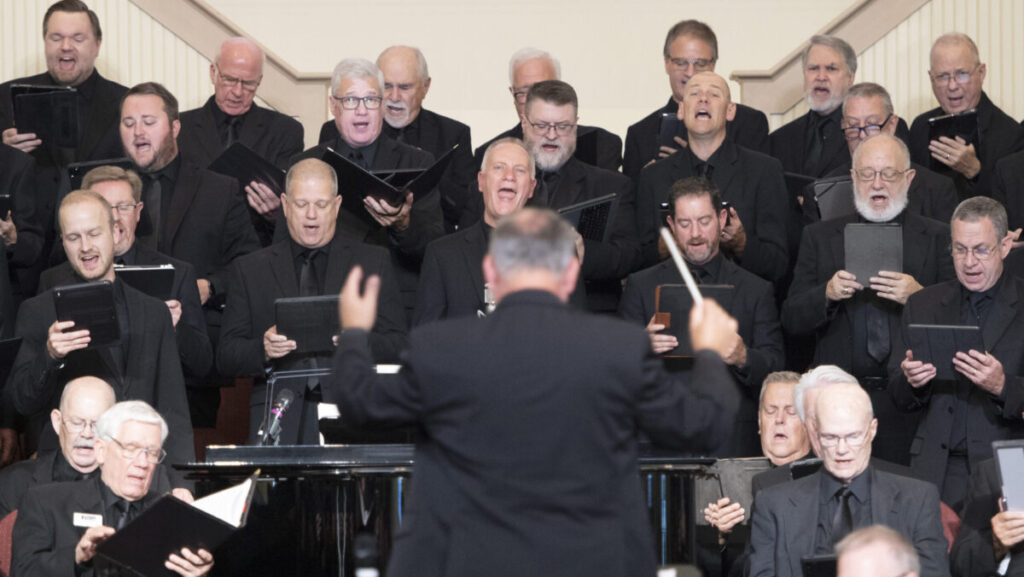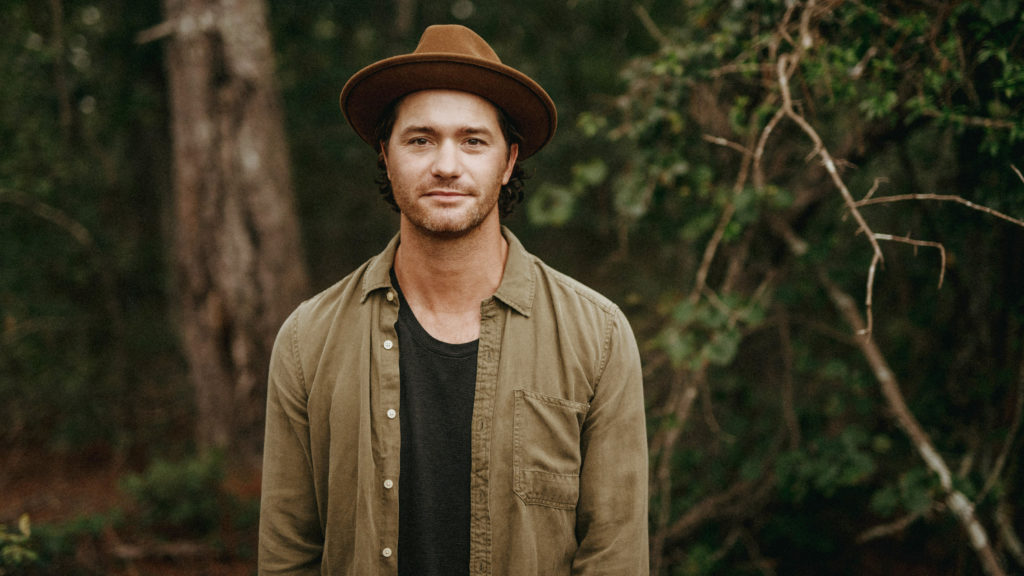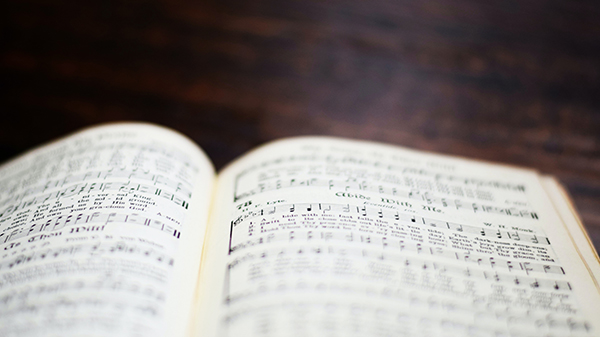Music from classical composers flows from the fingers of musicians-in-training at Baptist church music conservatories in Alabama, but these evangelical-minded institutions infuse the music with a mission.
Teaching excellence in music and discipleship is the dual goal of church-sponsored music conservatories. Though few exist among Baptist churches in Alabama, their impact is great.
Keith Hibbs in the worship leadership/church music office of the Alabama Baptist State Board of Missions said 1 to 2 percent of Alabama’s nearly 3,200 Southern Baptist churches have an organized music conservatory or academy.
Some ministers of music offer individualized instruction at churches where there is no formal music school.
Because of cuts in public education funds, some schools have had to cut fine arts classes. This has opened up outreach opportunities for church conservatories through their strings programs — teaching students to play violin and other classical stringed instruments.
“As a lot of local schools discontinue fine arts programs, some churches have picked these up as a service to the community,” Hibbs said.
Stringed instruments, also known as strings and including instruments such as violins, are a popular component of church conservatories, according to Walter Cazalas, music conservatory director of Cottage Hill Baptist Church in Mobile.
Cazalas teaches brass, percussion, guitar and bass guitar at the school. He said the ages of students at Cottage Hill conservatory vary widely. “The conservatory is for age 3 through adult. Over the last few years I’ve had several students in their 60s,” Cazalas said. “It’s quite amazing, about half my students are adults,” he said. The school has two semesters, plus summer sessions.
Cottage Hill’s music conservatory was a vision that became a reality in 1996, according to Ed Keyes, former associate pastor of music and worship at Cottage Hill. Keyes is now minister of music and worship at First Baptist Church, Opelika.
“The conservatory is a plan for teaching children and adults and raising up instrumentalists to serve in praise and worship for the Lord, so that was the vision [the church] had,” Keyes said. “During the year, enrollment will average in the neighborhood of 110, but at different points, it can be as high as 250, and the majority of those students are in the strings and piano programs.”
Cazalas said several people have come to know Christ through the conservatory at Cottage Hill, making it a viable evangelistic component of the church. “Over half of our students are not members of Cottage Hill Baptist Church,” he said. “We have band students coming in from local public and private high schools. Some students come from local universities to take lessons.”
“I think it’s a tremendous ministry that can be an outreach, involving folks in the church who would not normally come to church,” Hibbs said. “It can also be used as a music education ministry to improve the quality of music in worship.”
The quality of training remains high on the musical and spiritual scales of the conservatories.
“We are here to train people who are going to make a difference in our local churches,” said Gayle Glenn, interim director of the conservatory at First Baptist Church, Trussville.
“So we teach transposing, improvising, how to read a chord chart,” she said. “These are all things that one might get at a secular conservatory, but here your chord chart would be ‘Open the Eyes of My Heart Lord’ instead of ‘Moon River.’”
“We do teach music history through our musicianship classes,” Glenn noted. “Our second year students are already familiar with Bach, Handel, Beethoven and Mozart. We will continue to study these kinds of composers. We hope to form small ensembles that can perform together in church services as our program grows and matures.”
Glenn said there are few differences between secular and religious conservatories, musically speaking, but other differences are distinct.
“We encourage our students to participate in worship from a very early age,” she said. “We have our students playing the preservice music for our congregation.”
Most of the Baptist conservatories in Alabama are at churches in larger cities such as Montgomery, Birmingham, Mobile and Huntsville.
The Excel School of Music at Whitesburg Baptist Church, Huntsville, operates to educate and inspire students, according to Whitesburg minister of music Bruce Zeiger and the immediate past dean of the school. The purpose for the school is “to use it not only so everyone can take music lessons in a Christian environment, but also to expand the music ministry of the church,” he said.
Zeiger said while the school mainly offers instruction in vocal performance, it currently does offer instruction in guitar, piano and stringed instruments. “Music is such a universal language that crosses all kinds of cultural and intellectual barriers, especially classical music,” he said. “So it’s a good marriage — teaching music in a Christian environment.”





Share with others: